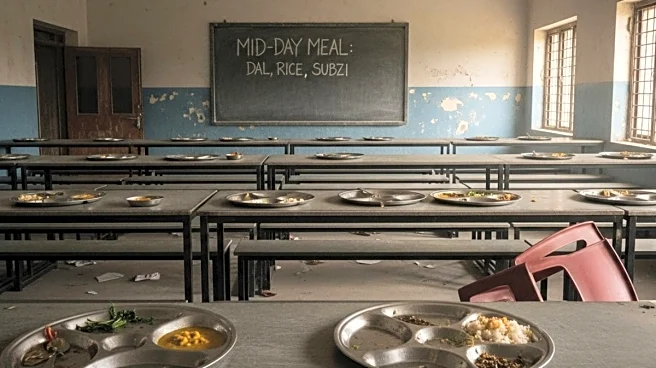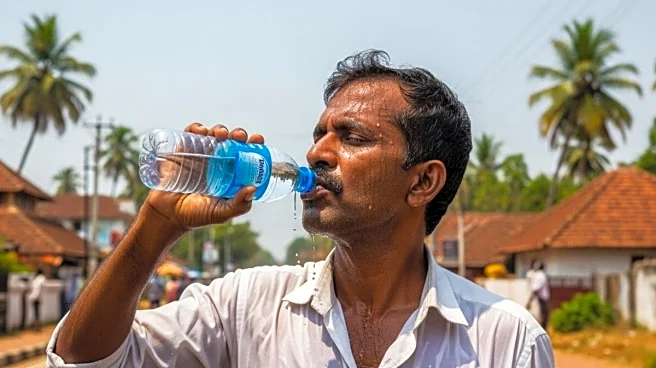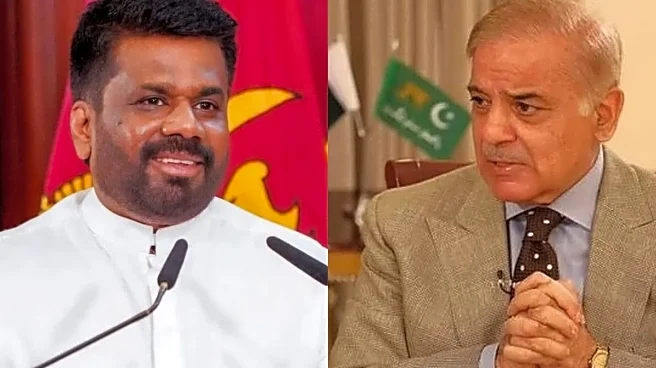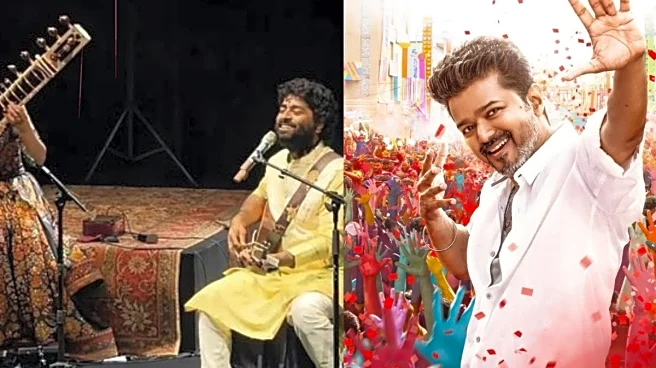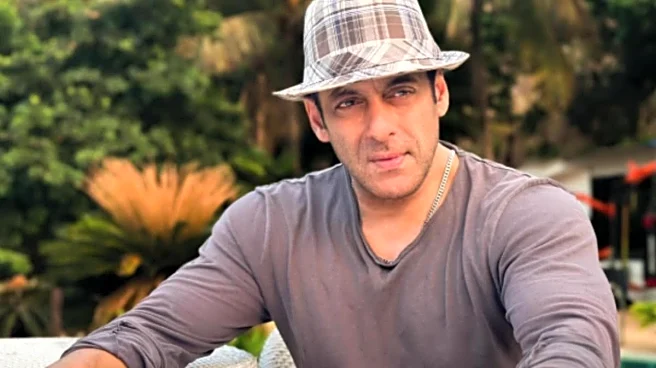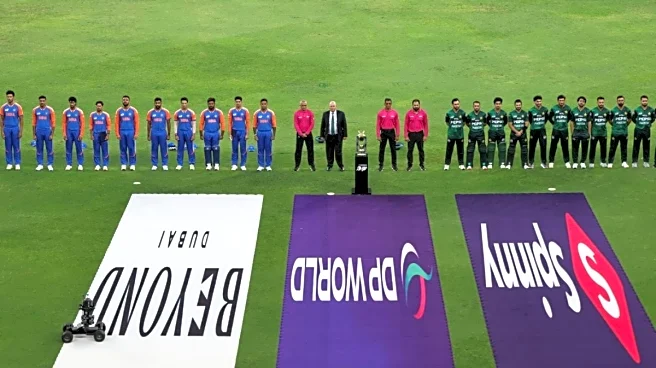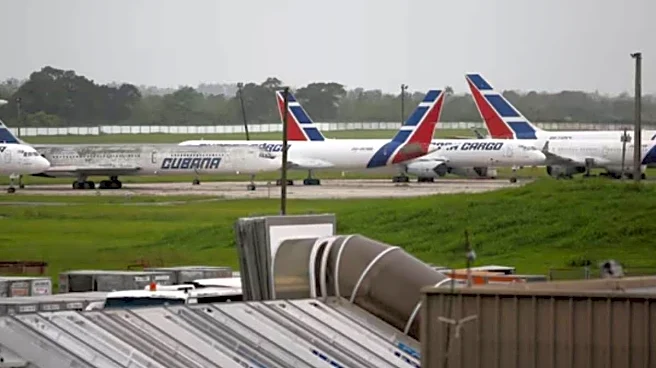What is the story about?
Standard Chartered presents CNBC-TV18 Leadership Collective 2025 brought together a selected group of business leaders and policymakers. They discussed the future economic and business growth of India at Leadership Collective’s New Delhi edition. The theme of the discussion was “India’s corridor of growth – Trust, Trade & The New World Order.”
The participants were S. Krishnan, Secretary, Ministry of Electronics and IT; Sanjiv Puri, Chairman, MD: ITC; Sanjeev Bikhchandani, Founder, Executive Vice Chairman, Info Edge (India) Ltd; P. D. Singh, CEO, Standard Chartered, India and South Asia; Sumant Sinha, Founder and CEO of ReNew; Dr. Praveer Sinha, CEO and MD of Tata Power; and Ashish Dhawan, Founder and CEO of The Convergence Foundation.
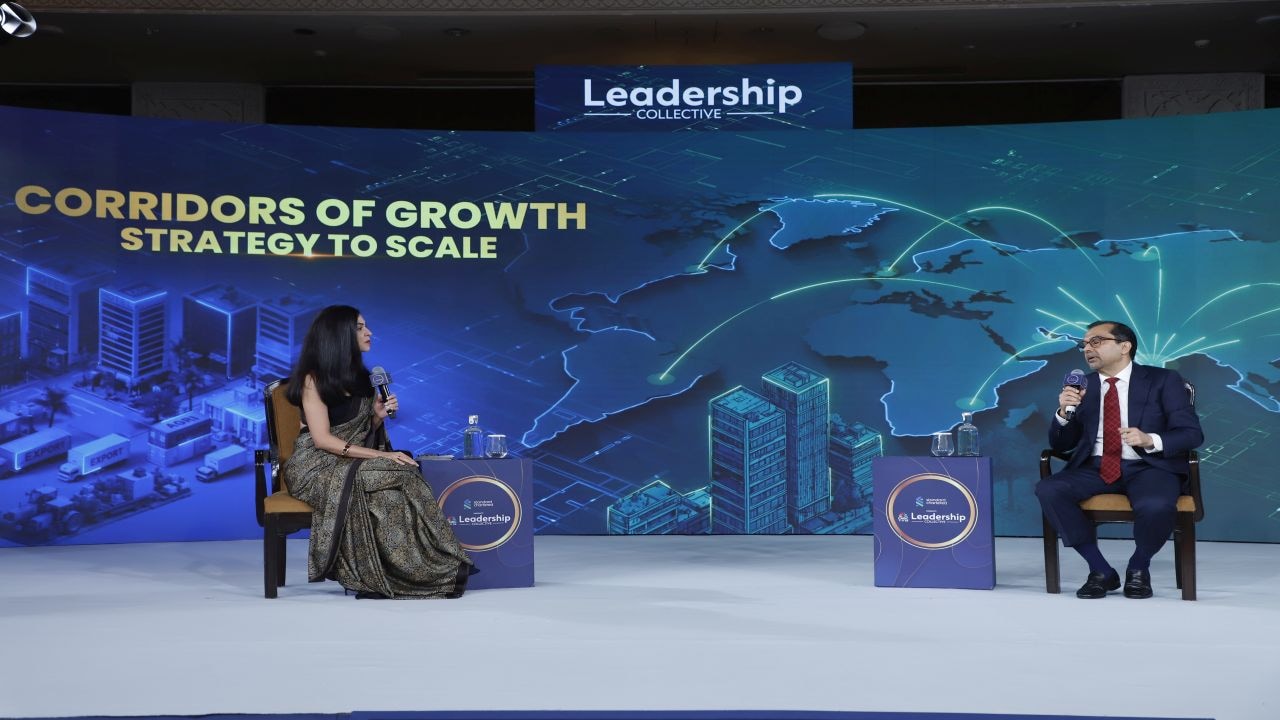
The event opened with a look at Delhi’s growing economic importance and the policies shaping its startup and innovation scene. However, the main objective of the evening was to analyse the factors leading to India's growth and what still needs attention.
Speakers began with preliminary observations on the inconsistency of various components of the Indian economy. For instance, the growth of unicorns even with slow funding.
Ashish Dhawan, Founder & CEO, The Convergence Foundation, had a positive take on Indian growth in the long term. He stated, “Despite global headwinds, India has the potential to grow at 7-9%. Our companies are becoming more competitive and productive, building a healthier ecosystem for the future.”
Global trade was also in the discussion. P. D. Singh, CEO, Standard Chartered, India & South Asia, explained the active shift towards the Global South and its potential gains for India. He noted, “The Global South today spans 133 countries, 62% of the world’s population, and drives 30% of global trade. By 2023, this corridor alone could represent $14 trillion in trade. India, placed at the heart of West Asia and Europe, is uniquely positioned to leverage this strategic shift”.
Sanjeev Bikhchandani, Founder & Executive Vice Chairman, Info Edge (India) Ltd, described the transformation in the founder community. He added, “The quality of founders in India today is stronger than it was 25-30 years ago. Their ambition, audacity, and vision are shaping a startup ecosystem that has never been more vibrant, and I believe this entrepreneurial energy will define India's next decade of growth.”
The renewable energy sector also received strong attention. Sumant Sinha, Founder and CEO of ReNew, spoke about the technologies that could shape India’s future energy landscape. He stated, “The next big bet for the sector lies in green hydrogen, storage technologies, and nuclear integration. But for this transformation to succeed, we need policy consistency, stronger transmission build-out, and smarter grid management.”
As the discussion wrapped up, the leaders agreed that India has major opportunities. However, it will depend on clearer policies, better execution, and cooperation between the government and industry.
The participants were S. Krishnan, Secretary, Ministry of Electronics and IT; Sanjiv Puri, Chairman, MD: ITC; Sanjeev Bikhchandani, Founder, Executive Vice Chairman, Info Edge (India) Ltd; P. D. Singh, CEO, Standard Chartered, India and South Asia; Sumant Sinha, Founder and CEO of ReNew; Dr. Praveer Sinha, CEO and MD of Tata Power; and Ashish Dhawan, Founder and CEO of The Convergence Foundation.

The event opened with a look at Delhi’s growing economic importance and the policies shaping its startup and innovation scene. However, the main objective of the evening was to analyse the factors leading to India's growth and what still needs attention.
Speakers began with preliminary observations on the inconsistency of various components of the Indian economy. For instance, the growth of unicorns even with slow funding.
Ashish Dhawan, Founder & CEO, The Convergence Foundation, had a positive take on Indian growth in the long term. He stated, “Despite global headwinds, India has the potential to grow at 7-9%. Our companies are becoming more competitive and productive, building a healthier ecosystem for the future.”
Global trade was also in the discussion. P. D. Singh, CEO, Standard Chartered, India & South Asia, explained the active shift towards the Global South and its potential gains for India. He noted, “The Global South today spans 133 countries, 62% of the world’s population, and drives 30% of global trade. By 2023, this corridor alone could represent $14 trillion in trade. India, placed at the heart of West Asia and Europe, is uniquely positioned to leverage this strategic shift”.
Sanjeev Bikhchandani, Founder & Executive Vice Chairman, Info Edge (India) Ltd, described the transformation in the founder community. He added, “The quality of founders in India today is stronger than it was 25-30 years ago. Their ambition, audacity, and vision are shaping a startup ecosystem that has never been more vibrant, and I believe this entrepreneurial energy will define India's next decade of growth.”
The renewable energy sector also received strong attention. Sumant Sinha, Founder and CEO of ReNew, spoke about the technologies that could shape India’s future energy landscape. He stated, “The next big bet for the sector lies in green hydrogen, storage technologies, and nuclear integration. But for this transformation to succeed, we need policy consistency, stronger transmission build-out, and smarter grid management.”
As the discussion wrapped up, the leaders agreed that India has major opportunities. However, it will depend on clearer policies, better execution, and cooperation between the government and industry.
/images/ppid_59c68470-image-176415503070617642.webp)

